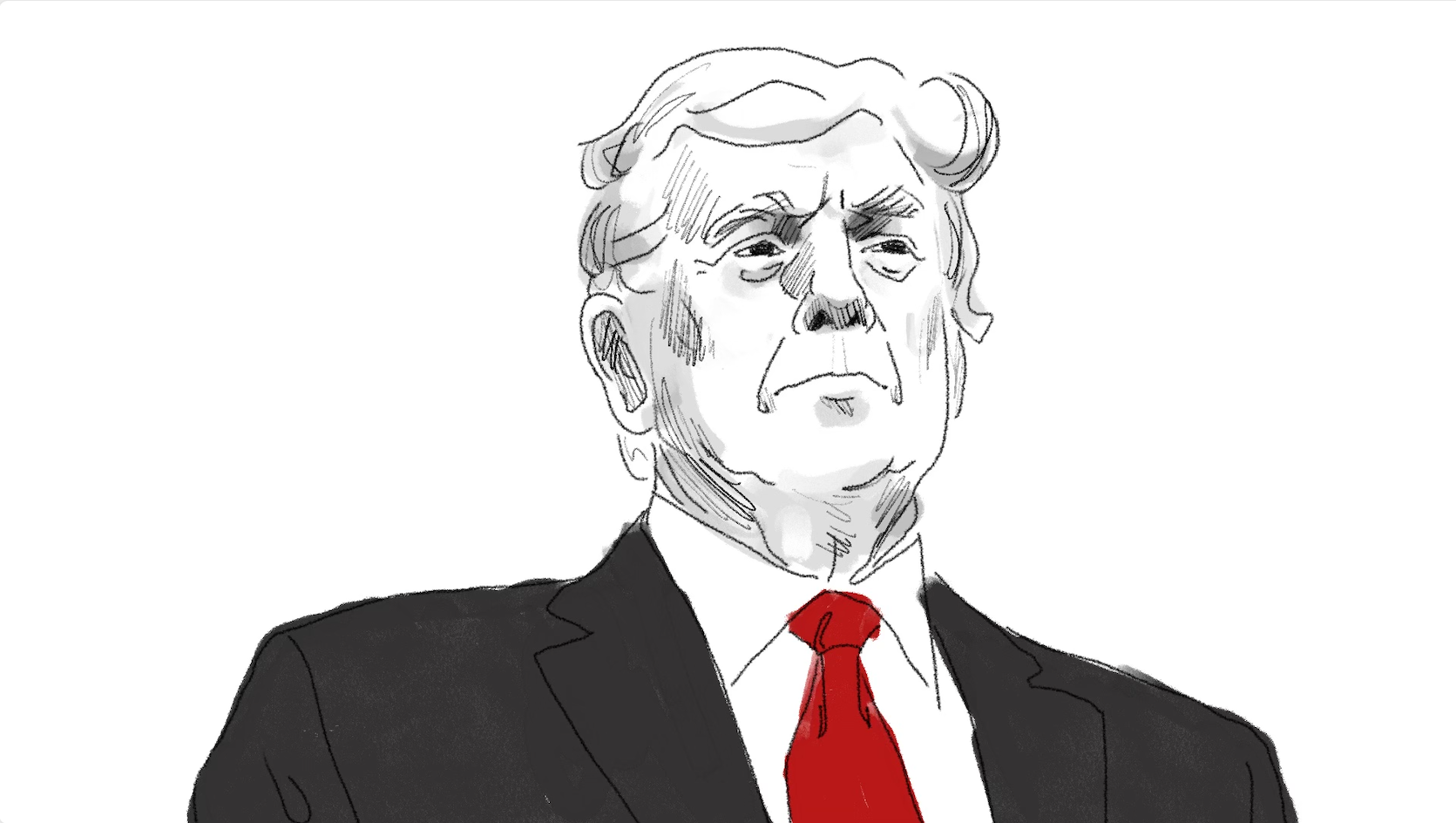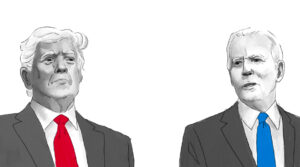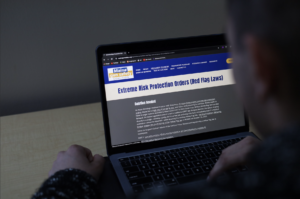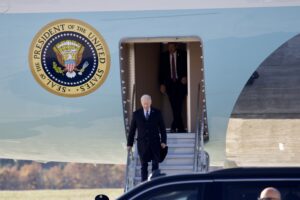Donald Trump is facing civil and criminal charges regarding multiple hush money payments to conceal information amidst the 2016 campaign period. This marks the first criminal trial of a U.S. president in history. Trump is indicted in Georgia and Washington D.C. for attempting to overturn the 2020 election. The former president is also indicted in Florida for hoarding classified documents. Those trials will likely not precede the upcoming presidential election.
In New York City, Trump faces 34 counts of falsifying business records, which is punishable by up to four years in prison. The crime of falsifying business records or causing them to be entered falsely is considered a misdemeanor. If prosecutors can prove that Trump not only committed a misdemeanor but did so to conceal another crime, he can be charged with a felony.
While a conviction cannot disqualify Trump from running this year, it could discourage current supporters from voting for him. According to a two-day Ipsos poll released pre-trial, 45% of republicans said they would not vote for Trump if the jury convicts him of a felony, while 35% of participants said they would still vote for him. The remaining total was unsure whether or not they would vote for Trump.
The prosecuting lawyer is Manhattan District Attorney (DA) Alvin Bragg. The defense attorneys are Todd Blanche and Susan Necheles. Judge Juan Merchan predicts the trial will last about six weeks.
Trump referred to the allegations as “political persecution” and pleaded not guilty. The defense requested a postponement and removal of the judge, whose daughter is a Democratic political consultant. The appeals court denied the request as they do not want to further delay the trial.
The trial began on April 15 with jury selection. Three hundred prospective jurors were vetted due to preconceived opinions or potential biases. It took four days to select the 12 NY jurors. The first of four criminal cases involves an attempt to bury allegations of extramarital affairs during his initial campaign in 2016. Opening arguments and testimony began on April 22.
Prior to opening statements, Merchan ruled that prosecutors may question Trump about previous cases and past violations of gag orders, assuming he testifies in his defense. Specifically, two of the topics include a $454 million judgment against Trump for civil fraud of inflating net worth to obtain favorable loans and his attack on a law clerk in a civil fraud case, which violated a gag order.
Furthermore, prosecutors may inquire about allegations brought by E. Jean Carrol, a writer whom he was found liable for sexually abusing and defaming. However, Merchan only mentioned the defamation aspect. He will deliver stipulations to limit the scope of questioning, which are subject to change depending on Trump’s potential testimony.
One of three hush money schemes involves a $150,000 payment issued to Former Playboy Model Karen McDougal, who claimed to have had an affair with Trump. The National Enquirer, owned by American Media (AMI) purchased rights to the story from McDougal in 2016. Former CEO of AMI David Pecker delivered 30 minutes of testimony against Trump, describing the intention behind “catch-and-kill,” an unethical journalistic practice wherein outlets purchase the rights to a story to withhold it from the public.
Attorney Michael Cohen, Trump’s former lawyer, is called as a key witness in the prosecution. Cohen paid Adult Film Actor Stormy Daniels a total of $130,000. He was later reimbursed and granted bonuses by the Trump Organization. The funds were falsely logged as legal expenses in company records. This sex scandal, along with the one involving McDougal, had the potential to derail his 2016 campaign.
Prosecutors wish to issue Trump a $3,000 fine for derogatory comments made on social media regarding two case witnesses. The Manhattan DA office insists that his comments violate a gag order limiting what can be stated publicly about witnesses and believes he should be held in contempt of court for verbally attacking witnesses and jurors.
Another order poses to bar Trump from attacking witnesses, prosecutors, jurors, court staff or their relatives. He may still criticize Merchan and Bragg. According to the prosecutors, Trump has violated the order 11 times thus far, both in published statements as well as republished quotes and articles from the internet.
The majority of his attacks are geared towards Cohen and Daniels. The prosecutors previously requested that Merchan fine Trump $1000 for each violation but went on to suggest stronger measures, such as jail time.
Testimony resumes on the morning of April 23. Visit nycourts.gov to access more public information as the trial continues.











